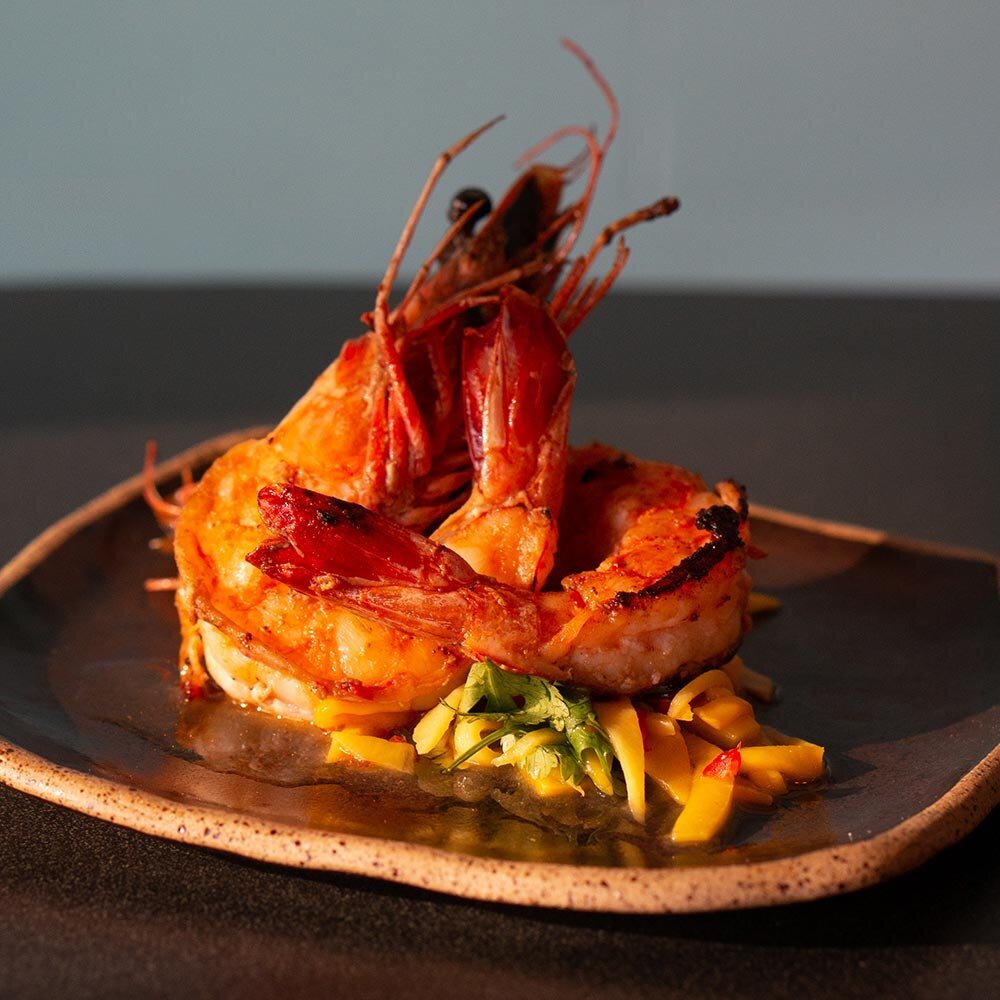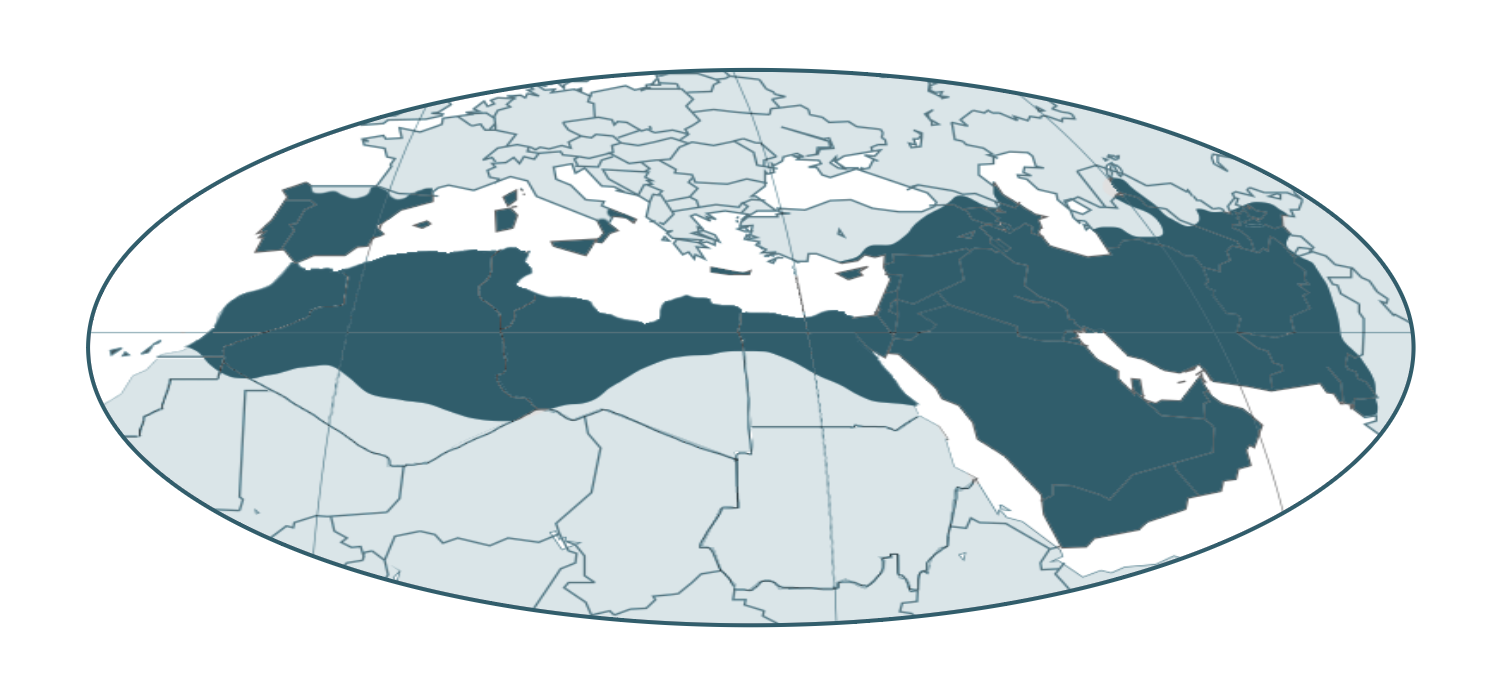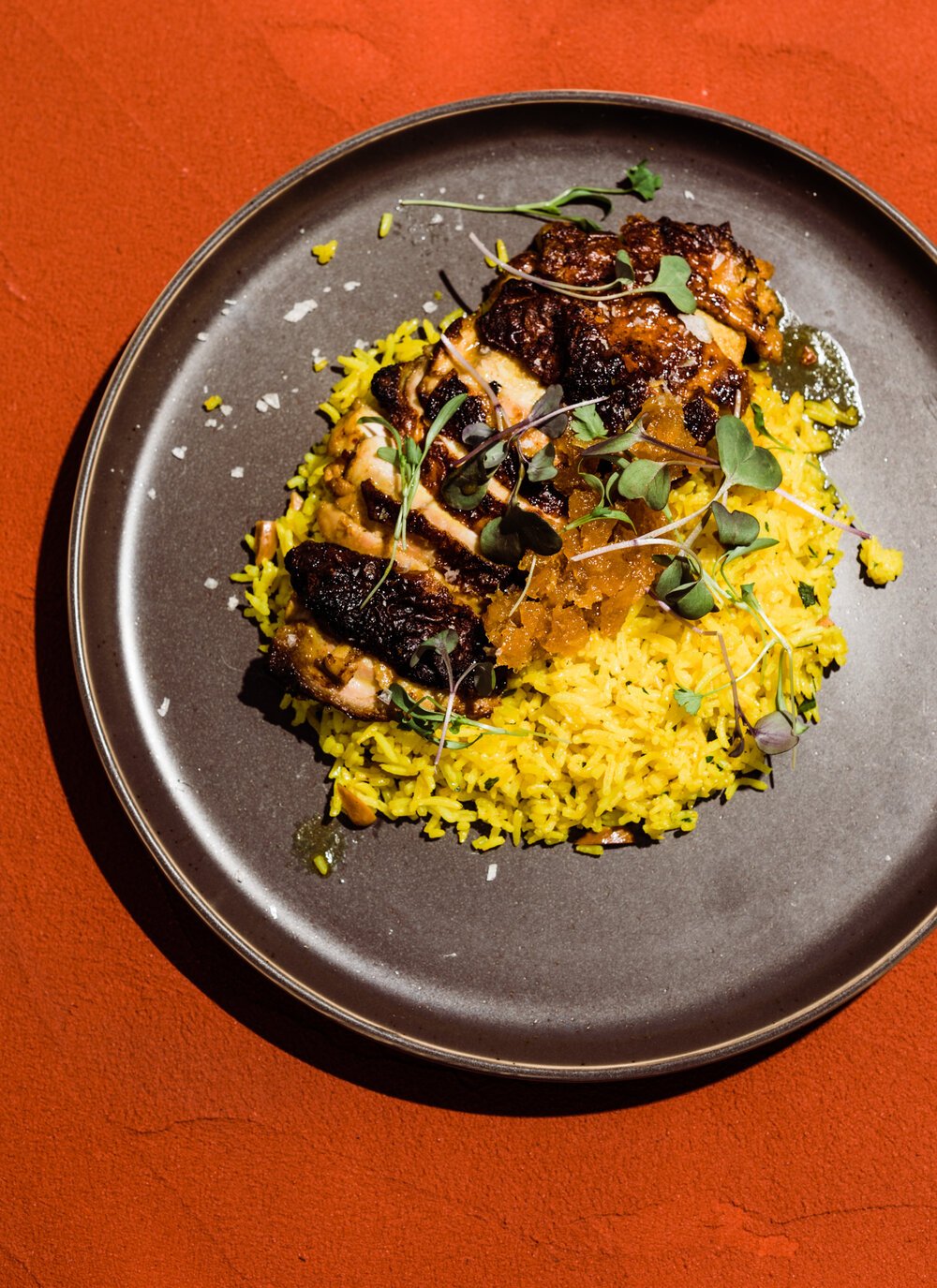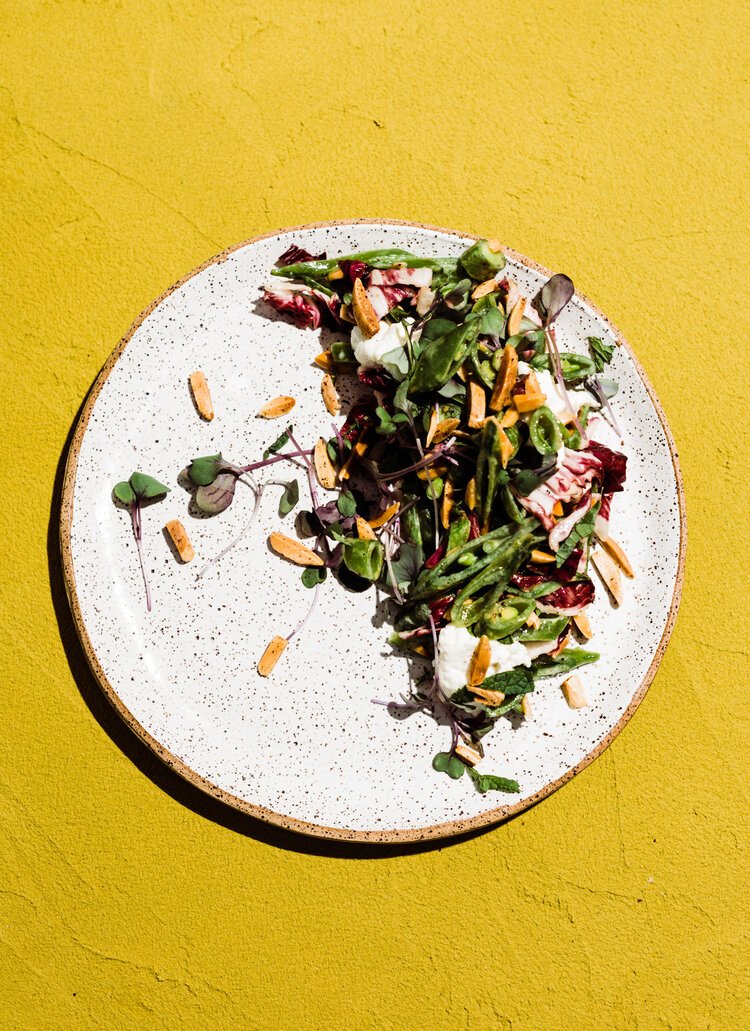Little Dipper Residency
Summer/Fall Menu 2021

Little Dipper Residency
Spring Menu 2021

Come on on a journey with us, as we explore global comfort food!
For this menu, we’re taking inspiration from flavors and techniques of North Africa that have traveled through the Mediterranean, and South Asia, and applying them to the vibrant ingredients that spring in New England has to offer. From a mix of spices to preserved fruit like dates and lemons, these culinary influences weave a complex tapestry that was left by the Moors.
A diverse group of people, the “moors” were labeled as such by Europeans at the time, often in a derogatory way, to exclude and diminish based on racial, ethnic, and religious differences. For centuries, they became an influential part of the cultural narrative even while facing exclusion. Their innovative contributions had a huge impact on many societies that can still be identified today in art, education, cultural and culinary traditions.
Photos by Michael Piazza for Edible Boston
Previous Menu: Little Dipper Residency Spring 2021
Small Plates
Snap Pea Salad
Ricotta, Pickled Shallots, Mint, Radicchio Toasted Sumac Almonds, Lemon Vinaigrette
- Vegetarian, Can be Vegan, Gluten-Friendly
Andalusian Veg Tagine
Parsley Oil, Flatbread, Micro Greens
- Vegetarian, Gluten-Friendly w/o Bread
Beef Kafta
Yogurt Tahini, Cucumber Salad, Herb Garnish
- Gluten-friendly
This salad is a celebration of spring with a nod to the mezze and tapas style which is integral to the communal style eating in North Africa, the Mediterranean, parts of Europe, and Asia. Small cooling salads have long been served as accompaniments to meals and we have taken this opportunity to use a variety of ingredients that the Moors introduced to the Mediterranean.
A tagine is a stewed dish that is fundamental to North African culinary tradition. It is attributed to the Berbers and developed as various peoples came to the region, notably the Moors from Andalusia. It is still made in traditional ways till this day and has survived through the centuries, showing how far the culinary influence reaches.
Ground meat is utilized globally in many forms. The Moors used it specifically because as nomads, they generally traveled with food that was easy to carry but also easy to cook and preserve. The kafta is one of the dishes where that tradition ended up. As more people traveled and time passed, ground meat dishes continued to show up everywhere taking on the flavors and ingredients of specific regions, such as meatballs, albondigas, etc.
Large plates
Roasted Eggplant
Spiced Roasted Eggplant, Moroccan Style Couscous, Lemon Yogurt Tahini
- Vegetarian
Charred Spiced Chicken
Preserved Lemon Marmalade, Yellow Almond Rice
- Gluten-Friendly
Berber Style Lamb
Dried Fruit Couscous, Herbs
- Gluten-Friendly w/o Couscous
Za'atar Brown Butter Trout
Smoked Eggplant Puree, Tomato Salad + Spring Onion Chimichurri
- Gluten-Friendly
We’re highlighting the spices and ingredients like rice, almonds, and preserved lemons that the Moors were partly responsible for introducing, through the spice trade routes between Africa, Europe, and Asia. These can be found globally now because of those trading routes and over the centuries influenced the evolution of many country’s cuisines.
An incredible and ancient culinary tradition that is still alive today! The Berber people are currently among the few direct descendants of the Moors, and are known for their method of cooking in the hot sands of the desert.
Migration fosters the practice of using what is available, and this concept was no different with the Moors. As immigrants, their food evolved as they traveled. Being close to the coasts of the Iberian peninsula where fish was more abundant, seafood became a bigger part of their cuisine, like trout, a fish that can be found in all the coastal regions the Moors visited.



















